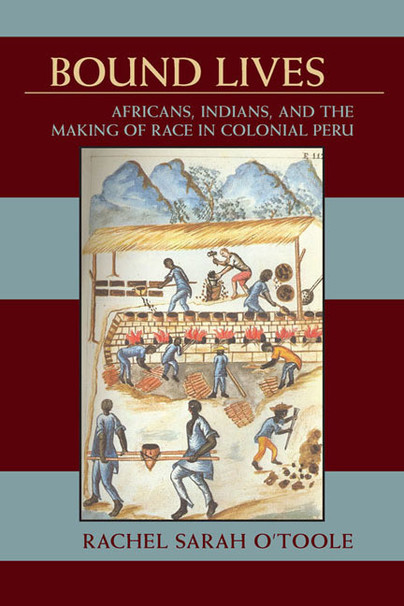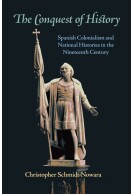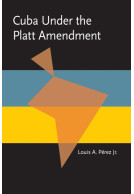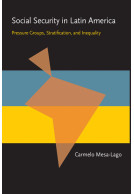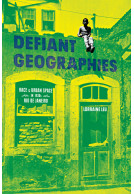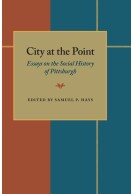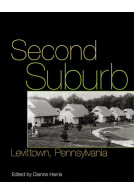Bound Lives (Paperback)
Africans, Indians, and the Making of Race in Colonial Peru
Imprint: University of Pittsburgh Press
Series: Pitt Latin American Series
Pages: 280
ISBN: 9780822961932
Published: 15th May 2012
Script Academic & Professional
Series: Pitt Latin American Series
Pages: 280
ISBN: 9780822961932
Published: 15th May 2012
Script Academic & Professional
This book will be reprinted and your order will be released in due course.
You'll be £41.00 closer to your next £10.00 credit when you purchase Bound Lives. What's this?
+£4.99 UK Delivery or free UK delivery if order is over £40
(click here for international delivery rates)
Need a currency converter? Check XE.com for live rates
(click here for international delivery rates)
Need a currency converter? Check XE.com for live rates
Bound Lives chronicles the lived experience of race relations in northern coastal Peru during the colonial era. Rachel Sarah OÆToole examines the construction of a casta (caste) system under the Spanish government, and how this system was negotiated and employed by Andeans and Africans.
Royal and viceregal authorities defined legal identities of \u201cIndian\u201d and \u201cBlack\u201d to separate the two groups and commit each to specific trades and labor. Although they were legally divided, Andeans and Africans freely interacted and depended on each other in their daily lives. Thus, the caste system was defined at both the top and bottom of society. Within each caste, there were myriad subcategories that also determined oneÆs standing.
The imperial legal system also strictly delineated civil rights. Andeans were afforded greater protections as a \u201cthreatened\u201d native population. Despite this, with the crownÆs approval during the rise of the sugar trade, Andeans were driven from their communal property and conscripted into a forced labor program. They soon rebelled, migrating away from the plantations to the highlands. Andeans worked as artisans, muleteers, and laborers for hire, and used their legal status as Indians to gain political representation.
As slaves, Africans were subject to the judgments of local authorities, which nearly always sided with the slaveholder. Africans soon articulated a rhetoric of valuation, to protect themselves in disputes with their captors and in slave trading negotiations. To combat the ongoing diaspora from Africa, slaves developed strong kinship ties and offered communal support to the newly arrived.
Bound Lives offers an entirely new perspective on racial identities in colonial Peru. It highlights the tenuous interactions of an imperial power, indigenous group, and enslaved population, and shows how each moved to establish its own power base and modify the existing system to its advantage, while also shaping the nature of colonialism itself.
Other titles in the series...
Other titles in University of Pittsburgh Press...







